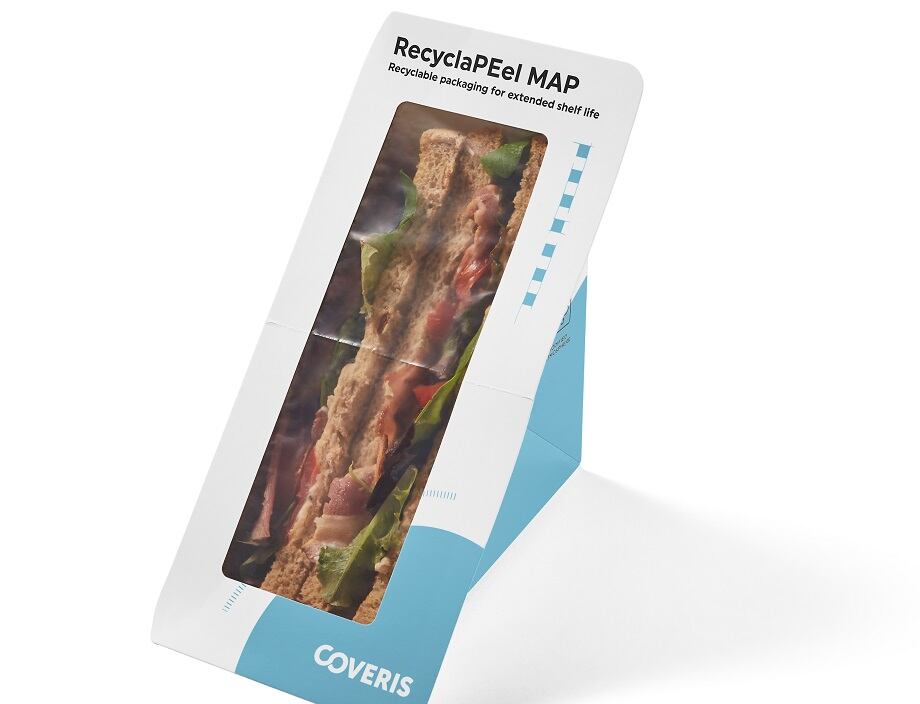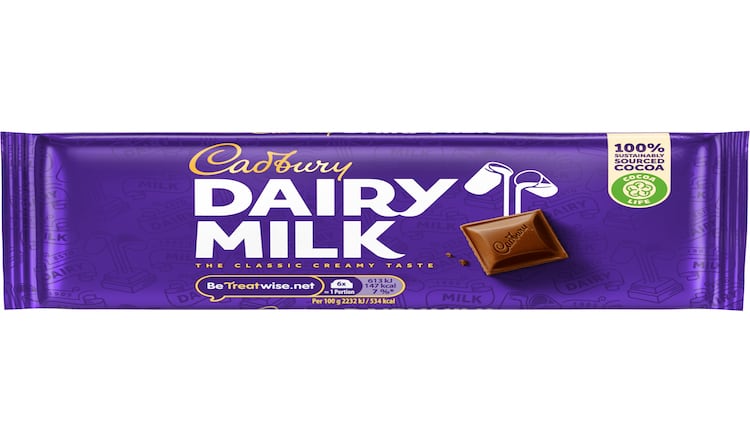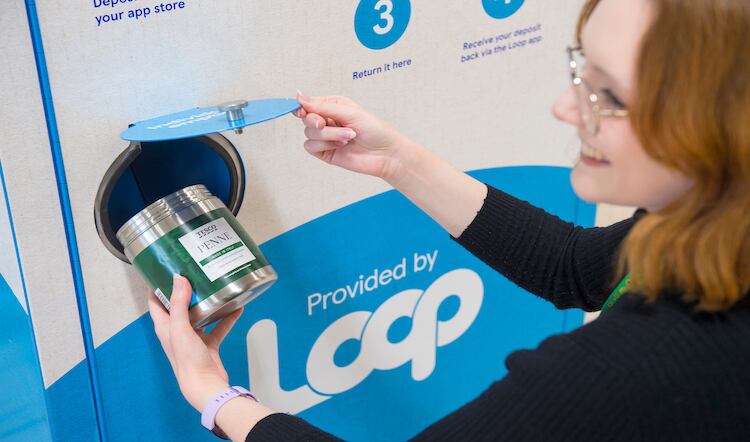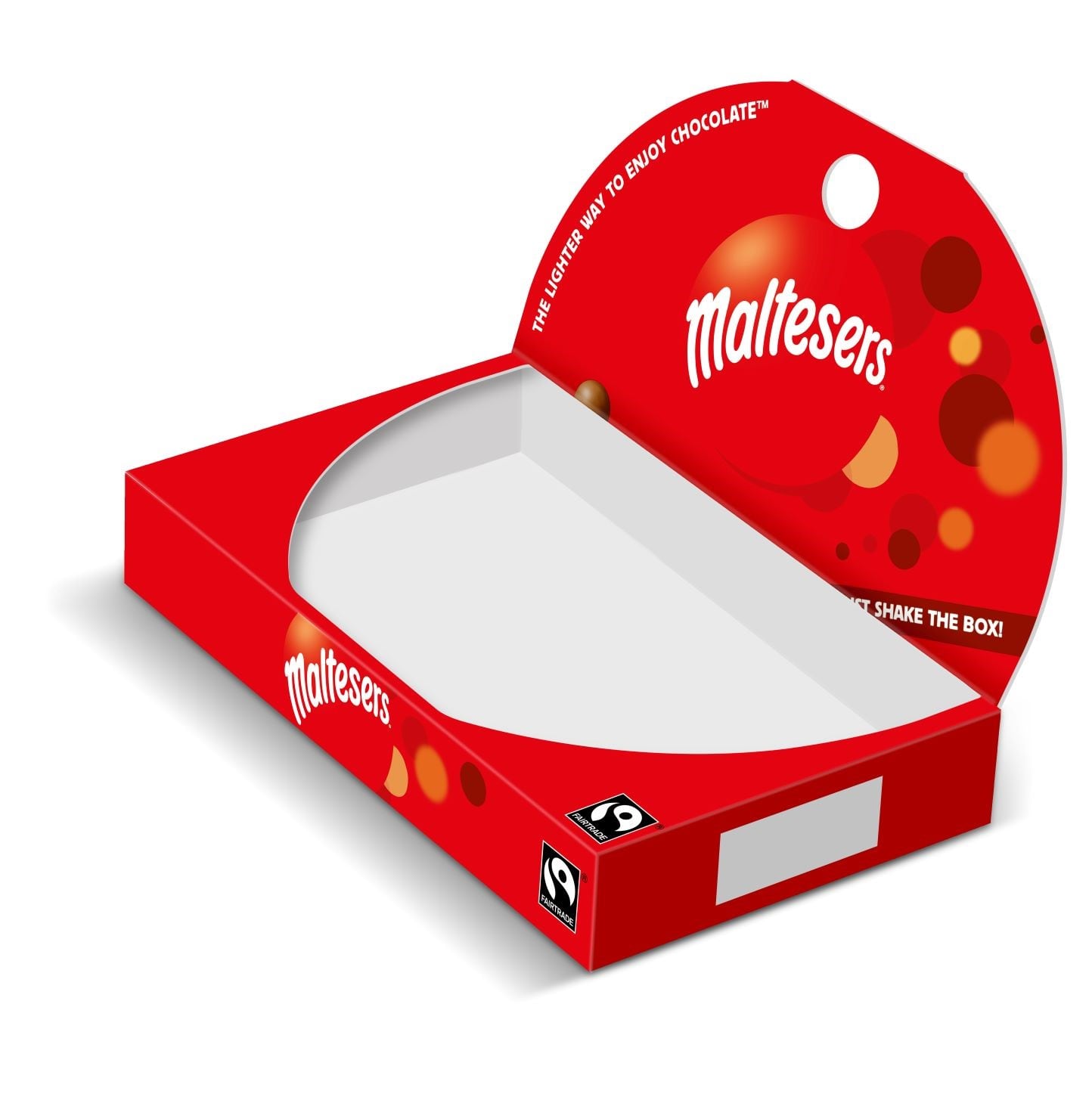Recyclable MAP sandwich packaging
Coveris launched RecyclaPEel modified atmosphere packaging (MAP) sandwich skillets for the European market exclusively at the FachPack 2021 trade show in Nuremberg, Germany, which runs from 28 - 30 September.
Made from fully recyclable cartonboard and polyethylene (PE) liner components, its lined corners are designed to form a tight gas seal, boosting shelf-life significantly beyond the four days achieved with Coveris’ lined board skillets typically used in the UK, subject to testing and ingredients used, the business said.
The new packaging features a peelable PE membrane that is separable by consumers to encourage recycling of the sustainably sourced cartonboard and PE liner components. RecyclaPEel MAP skillets can also be recycled within paper recycling infrastructures with reduced adhesion enabling the PE liner to detach during the process for maximum board recovery, Coveris said.
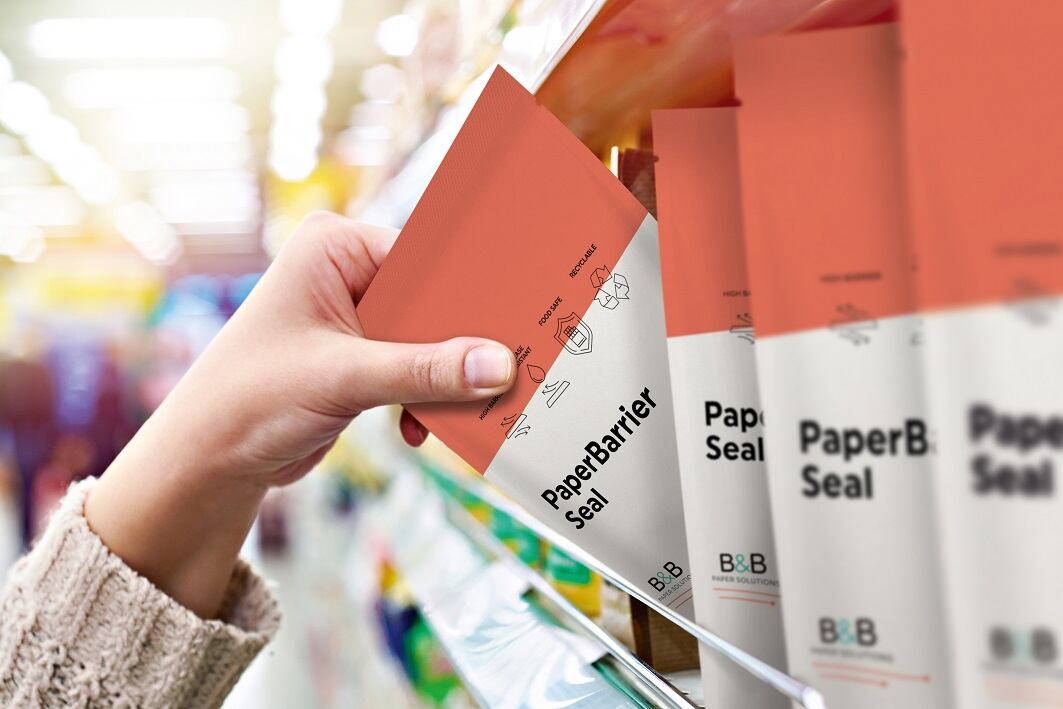
Recyclable paper-based barrier seal packaging
In another Fachpack exclusive, Coveris teamed up with Austrian paper manufacturer, Brigl & Bergmeister to deliver its paper-based PaperBarrier Seal for dried fruits; cereals; confectionery and chocolate; and snacks, incorporating a paper coating that seals packs, but still allows full recyclability.
The material is available in three versions offering different barrier properties, including moisture, oxygen, grease, and mineral oils. Offering the same product protection as plastic alternatives, PaperBarrier Seal additionally ensured comparable production efficiencies as standard packaging solutions, Coveris claimed.
“Thanks to the support of our colleagues at Coveris’ Pack Innovation Centre in Halle, we successfully tested the new paper material on standard vertical form, fill, seal and horizontal form, fill, seal packaging lines and confirmed a production speed up to 200 products per minute," said Bernhard Mumelter, group innovation manager at Coveris.
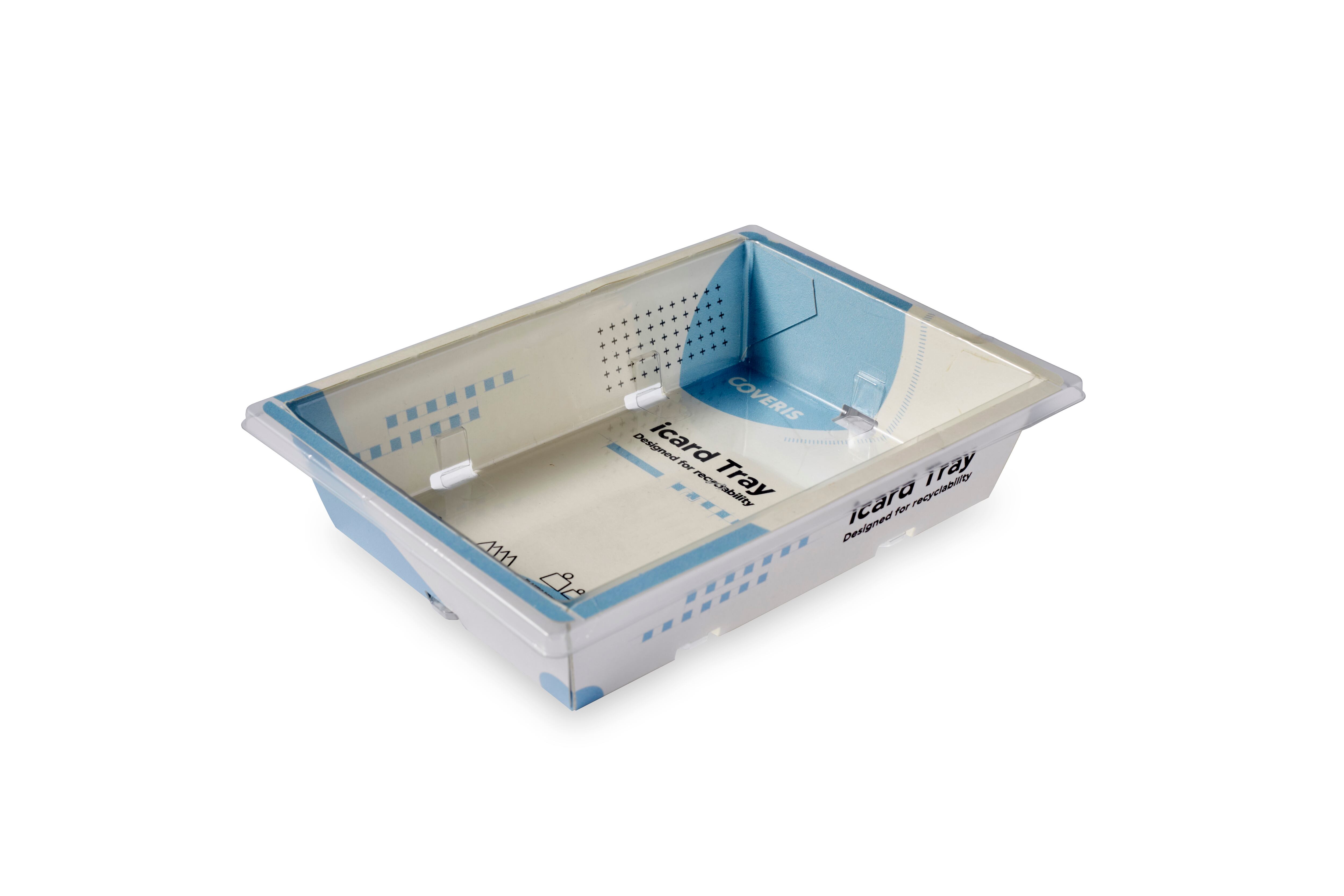
Recyclable packaging for sandwiches and food-to-go
Elsewhere, for the Lunch! 2021 show Coveris has launched RecyclaPaper, a fully paper-based, sustainably sourced and recyclable sandwich skillet featuring a translucent window for consumers to see the product inside, which is paper-based and uses the latest paper monomaterial technology. It replicates the protection and shelf life afforded by existing alternatives.
Also at Lunch! 2021, Coveris and iPac have created icard trays, which combine a thin, inner recycled polyethylene terephthalate (PET) tray liner containing up to 100% recycled content with an outer, fully printable cartonboard tray. Connected using no laminates or adhesive, icard trays were easily separable for recycling and compatible with lidding film including MAP options for optimised product shelf life and were ideal for chilled, convenience and on-the-go foods, Coveris said.
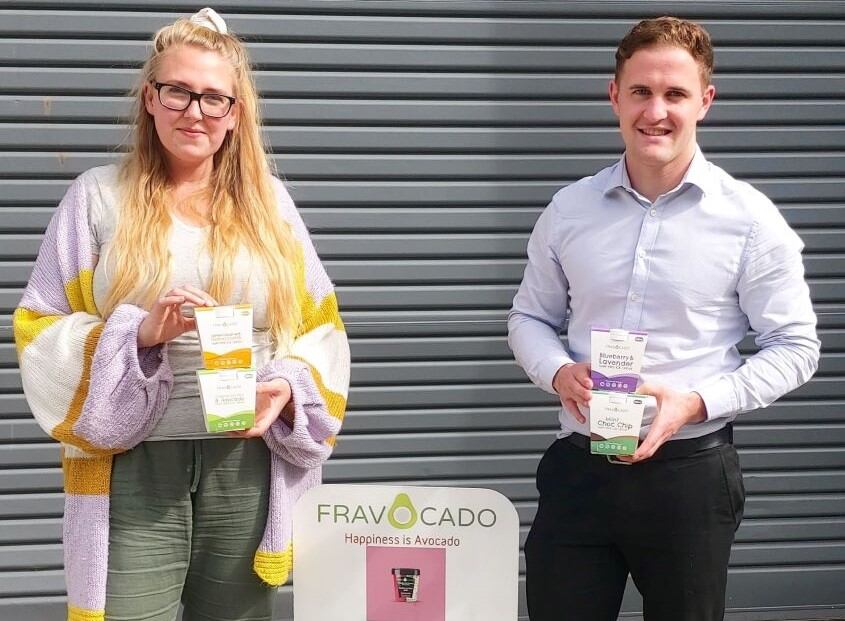
Recyclable sleeve for ice cream pots
Artisan plant-based ice cream producer Fravocado, which is based in Heathfield near Bovey Tracey in Devon has replaced unrecyclable plastic sleeves on its ice cream pots with recyclable printed alternatives in partnership with Newton Print.
Nathan Besley, head of sales and customer service at Newton Print said: “Together, we’ve created a completely customisable sleeve from freezer-safe box board to reduce waste and plastics in their packaging. The aim was for a more flexible packaging option that didn’t involve printing thousands of printed tubs, but that also replaced the plastic adhesive tamper-proof seal that wasn’t recyclable.
"As a result, we developed a design for their new range of sleeves that formed a printed wrap around the tub, but also doubled up as a tamper-evident seal.”
Paccor to roll out biobased packaging
Paccor is poised to roll out 100% biobased polypropylene (Bio-PP) products, including a transparent bowl for frozen ready meals for its Nordic customer Orkla, which it began testing at a Finland factory in Hämeenlinna. The material is composed from renewable resources and follows the ISCC certified mass balance principle – a chemical industry standard for managing and tracing sustainability characteristics of circular and/or bio-based materials in a complex value chain.
“We are pleased that we are now able to switch production from virgin fossil to biobased PP,” explained Paccor chief executive officer Andreas Schütte. “Our goal is to accelerate circularity and bioeconomy in plastics.”
After successful pilot programs, Paccor said it was now looking forward to offering its new biocomposite to business partners around the world.
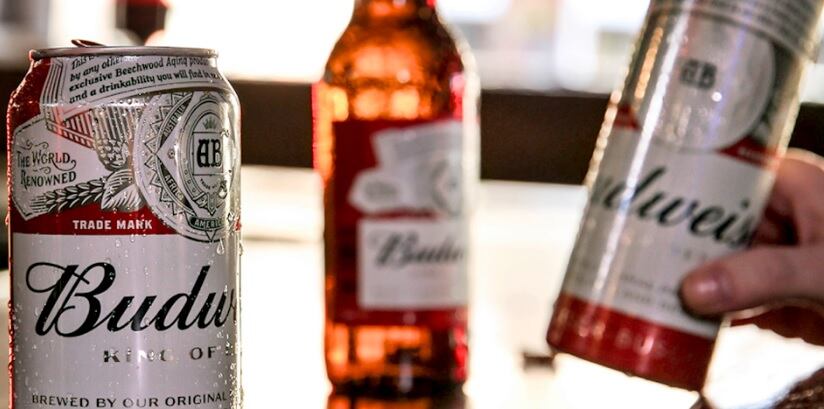
Budweiser Brewing Group trials low-carbon footprint beer cans
Budweiser Brewing Group, the UK arm of AB InBev, is trialling AB InBev beer cans with the lowest carbon footprint so far in Europe. The pilot will involve the production of five million Budweiser 440ml cans, which will be sold across UK retailers in autumn 2021.
The cans will be produced by Canpack UK using 100% renewable electricity and made out of aluminium coils manufactured by Elval, the aluminium rolling division of ElvalHalcor. The metal was produced by replacing the usual primary aluminum with Allow Inerta - ultra-low carbon primary aluminium produced by Russia's Rusal using emission-free inert anode technology. The cans will be filled at Budweiser Brewing Group UK & Ireland breweries in Magor, South Wales and Samlesbury, Lancashire, which are powered by 100% renewable electricity.
Since January this year, Budweiser Brewing Group has brewed all cans, bottles and kegs in the UK with 100% renewable electricity from its wind turbine and two solar farms. Following a £115m-plus investment, the brewer has also removed plastic rings from its entire portfolio and has met its goal of brewing with 100% British-grown barley, reducing carbon emissions and championing local agriculture.
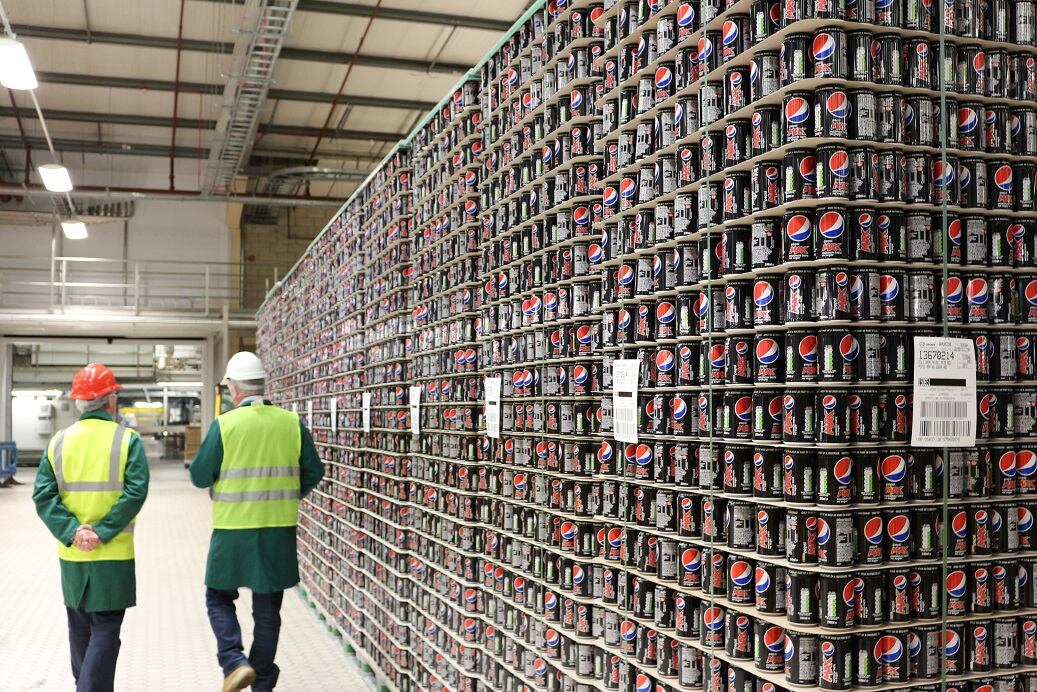
More Britvic brands shift to 100% rPET
Britvic has announced it is moving brands including Pepsi MAX, 7UP Free, Tango, Lipton, Robinsons Ready to Drink and Drench to 100% recycled polyethylene (PET) across single-serve 500ml and/ or 600ml bottles by the end of September 2021. Mountain Dew would also follow suit in December 2022, the company said.
Tom Fiennes, commercial sustainability director at Britvic, said: “At Britvic, we’ve announced our intention that all bottles produced and sold by us in Great Britain will be made from 100% rPET by the end of 2022.”
Fiennes said OnePoll research of 2,000 UK adults commissioned by Britvic in August had highlighted how important recycling was to consumers. “The research we’ve commissioned gives us further insight into consumer habits and how these are impacted by sustainable efforts on behalf of manufacturers, retailers and foodservice outlets. It also reveals that 60% of Brits will return to a specific store if they stock products that use recycled plastic."
Packaging raw material costs (all data courtesy of Mintec)
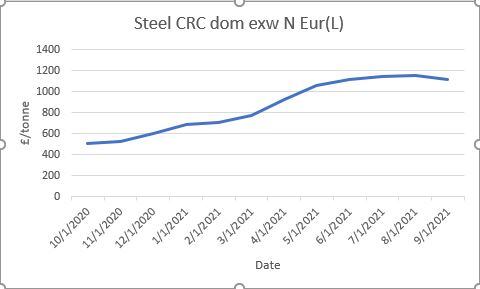

Steel (EU) prices continued strengthening during the first part of the third quarter of 2021, with the August average price of cold-rolled coil reaching a record high of £1,160/tonne. Prices have been rapidly increasing in 2021 due to strong demand and supply shortages. However, in September, prices fell slightly due to tepid demand and reduced trading activity during the summer holidays. Nonetheless, the potential settlement of the Section 232 steel tariff dispute on the 1 November 2021 between the EU and the US could lead to higher EU exports, thus supporting prices. *(Please note, dates are in US format month/day/year.)
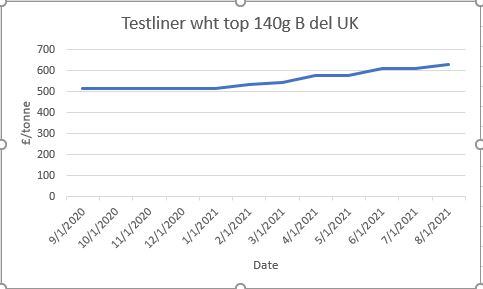

Testliner (UK) prices rose by 3% to £630/tonne in August compared to the previous month. The price increase is primarily driven by booming demand from the e-commerce sector and high prices for recycled corrugated case material. In addition, transport and logistics issues due to a shortage of lorry drivers and containers appear to be most severe in the UK, leading to delivery delays and bottlenecks. Hence, producers are looking to implement additional price hikes in the coming months. (*Please note, dates are in US format month/day/year.)

